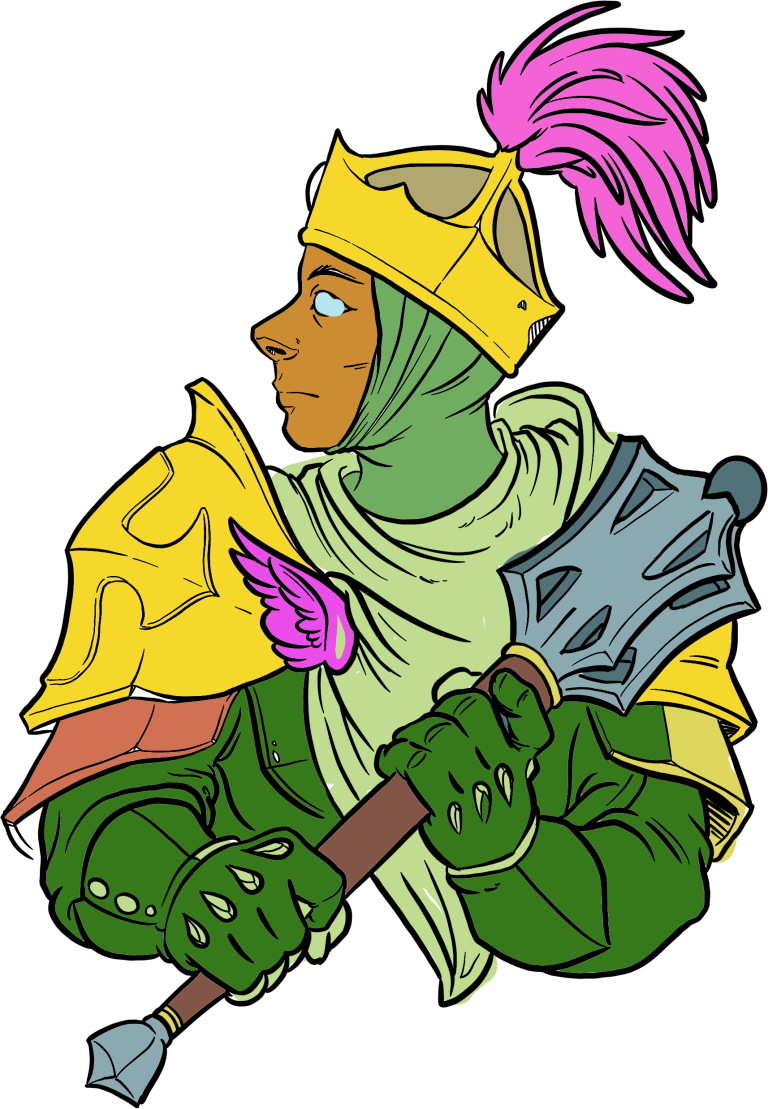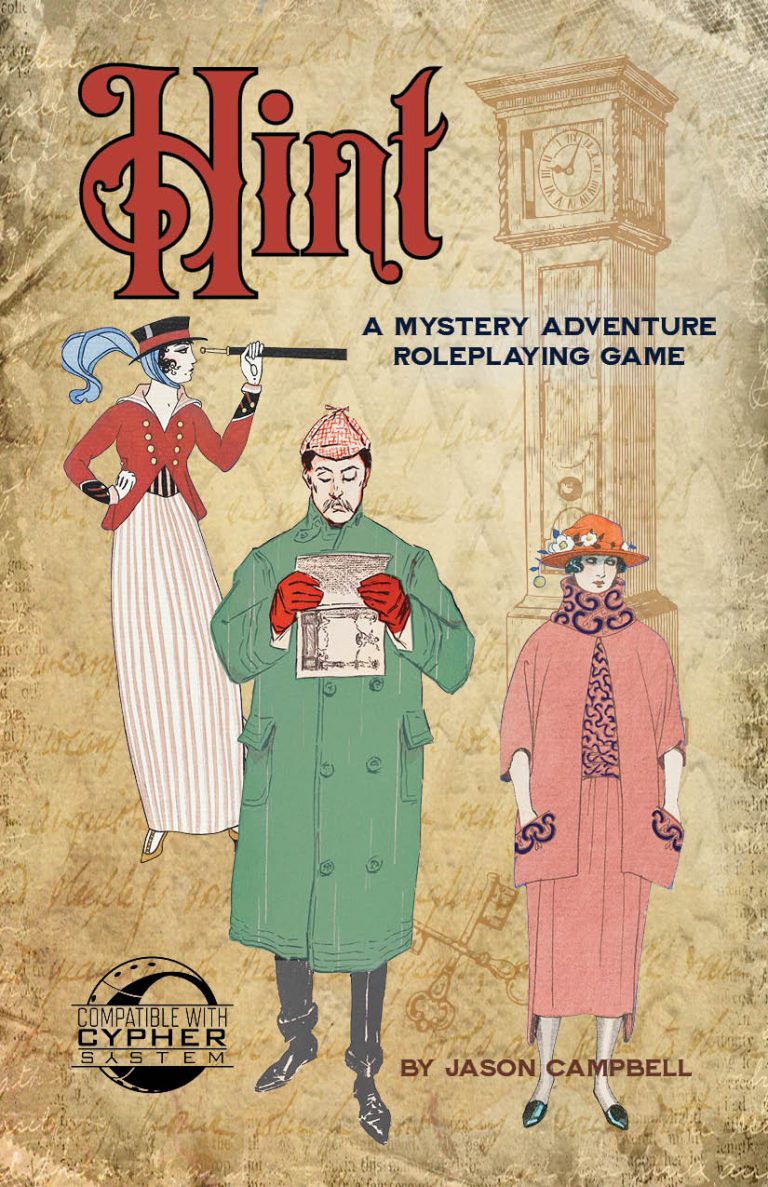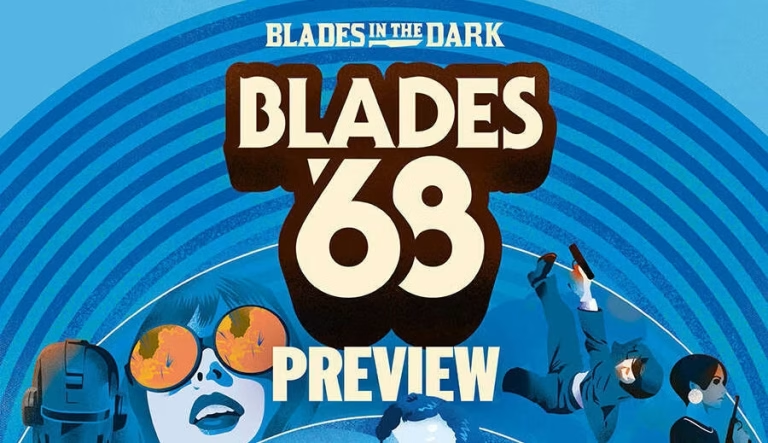By Jason Campbell
I’ve been running a weekly 5e campaign in Monte Cook’s Ptolus setting since January 2022, the player characters are currently 16th level. It can be difficult to run a 5e game with higher level characters while keeping the game challenging and the players engaged. This campaign diary series features notes from my players and I about the challenges of playing high level 5e.
When to Fight the PC’s Plans
This week the PCs were fighting a demon whose strategy once discovered was to cast Feeblemind at the first PC to discover them.
Feeblemind: You blast the mind of a creature that you can see within range, attempting to shatter its intellect and personality. The target takes 4d6 psychic damage and must make an Intelligence saving throw.
On a failed save, the creature’s Intelligence and Charisma scores become 1. The creature can’t cast spells, activate magic items, understand language, or communicate in any intelligible way. The creature can, however, identify its friends, follow them, and even protect them.
At the end of every 30 days, the creature can repeat its saving throw against this spell. If it succeeds on its saving throw, the spell ends.
The bard went first in initiative order and cast Glibness on himself.
Glibness: Until the spell ends, when you make a Charisma check, you can replace the number you roll with a 15.
Then when the demon casted Feeblemind the bard casted Counterspell. With a +5 to charisma checks and an effective roll of 15 due to Glibness, even a 9th level spell fails (Feeblemind is 8th).
Counterspell: You attempt to interrupt a creature in the process of casting a spell. If the creature is casting a spell of 3rd level or lower, its spell fails and has no effect. If it is casting a spell of 4th level or higher, make an ability check using your spellcasting ability. The DC equals 10 + the spell’s level. On a success, the creature’s spell fails and has no effect.
A Problem?
I always like to reward clever play from my players, but not to the extent that repeating the same action combinations continually ruins the game by removing a challenge. This was my first thought – this worked out great using a strategy the player had put thought into, good for them. But does that mean that NPCs effectively can’t use spells against the party in most cases? How do you address this?
Solutions
Even the players wouldn’t be happy repeating the same strategy to remove all challenges from the game. But there are many ways to ensure it isn’t game breaking without just disallowing the spell or combination.
- One simple way is to give your spellcasting baddies the ability to cast Counterspell a few times a day. Your monsters are yours, you can always adjust the spells listed in their stat block. The NPC could cast Counterspell against the PC’s Counterspell.
- As above, if the NPC sees the bard casting a spell on their turn, the NPC could even cast Counterspell on the Glibness spell. If your NPC is very intelligent it would make sense they would anticipate this strategy. If they are a high level caster they may recognize the spell as the bard casts it.
- If the NPC acts before the bard can cast Glibness in initiative order then they won’t have that advantage in the first round.
- Glibness is an 8th level spell, so casters won’t be able to cast it many times a day, so as long as the PCs have several encounters in a day this might not be an issue.
Should You or Shouldn’t You?
Above we’ve listed a few ways you can have the NPCs keep from having Glibness break the game. But should you do that regularly? It’s not a great idea to adopt a strategy just to negate the PCs from being effective combatants, but as we’ve said, no one will enjoy a game without challenges. There’s a few things to consider when making this decision:
- Is the NPC highly intelligent? If the NPC has an 18 or higher intelligence, this is one way to express that supra-genius ability. A lich with a 20 intelligence is smarter than any human who’s ever lived, one way to express that is to have the NPC anticipate what the PCs will do.
- In a longer campaign, has that strategy been used so often it’s affecting the challenge level of the game? In that case it’s a good idea to have some big encounters which equip the baddies to work around this strategy.
- Does the story support the PCs hurting the NPC with this clever play? Or is this an epic battle such that increasing the challenge supports the story? This is always a good way to decide.
What do you think? Let us know in the comments.








